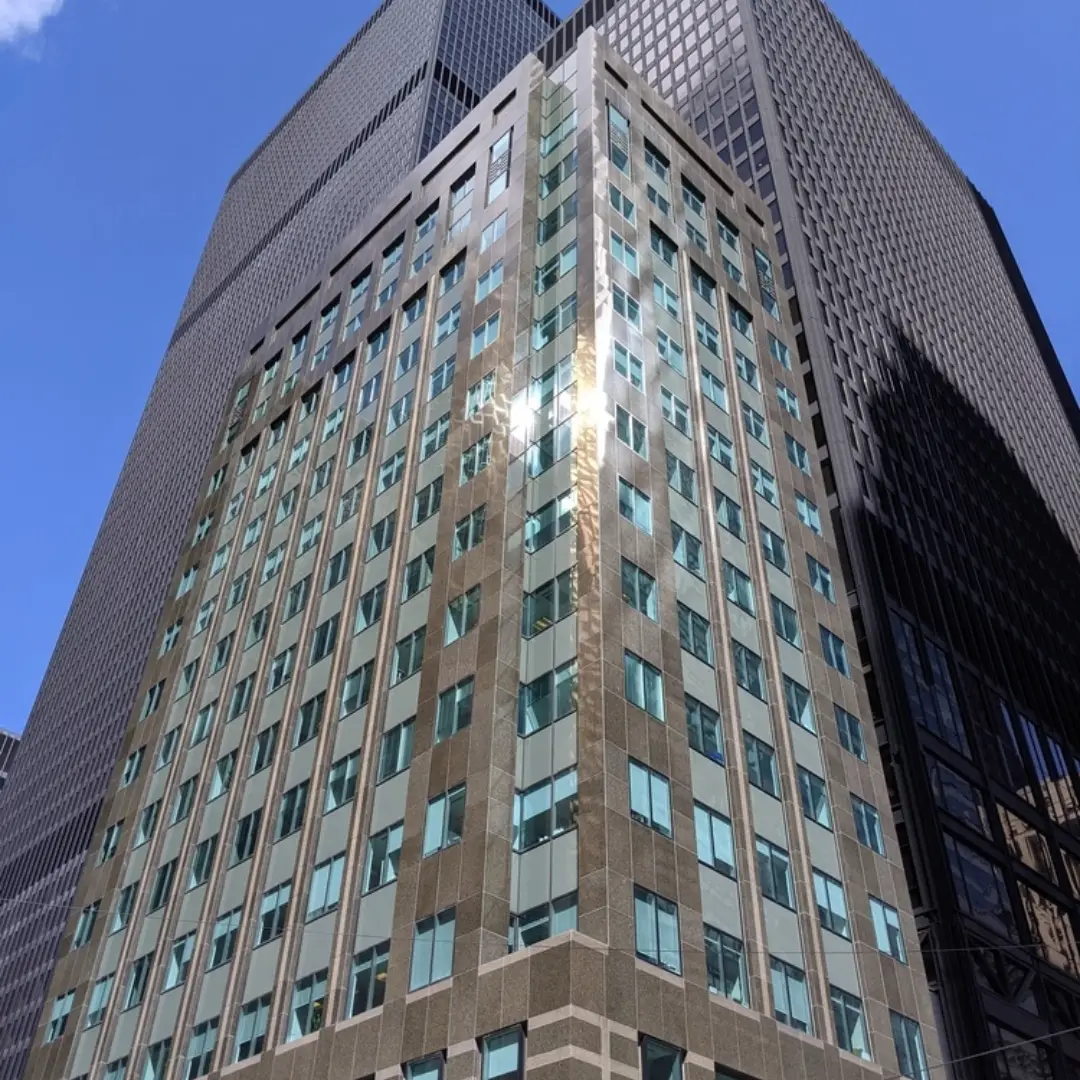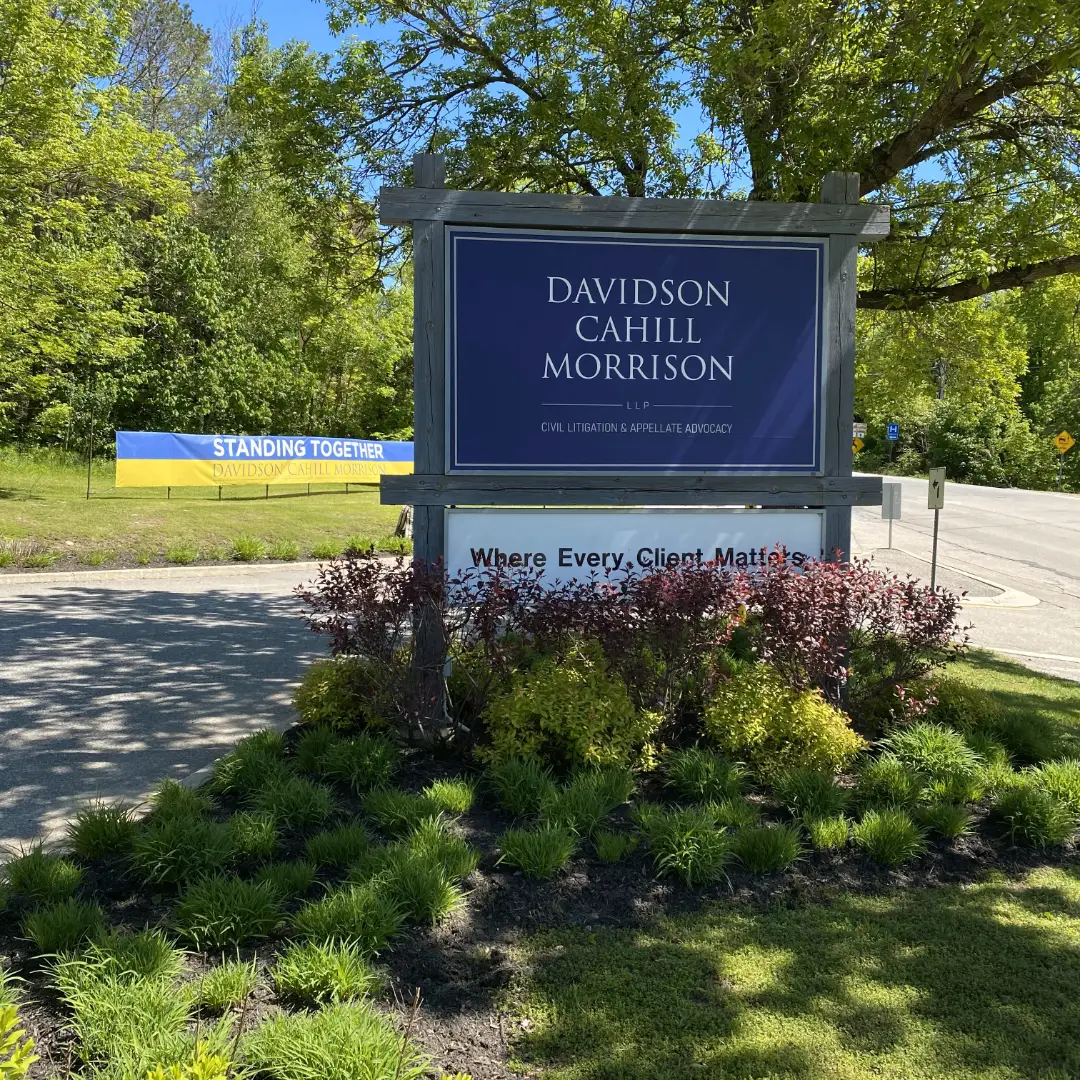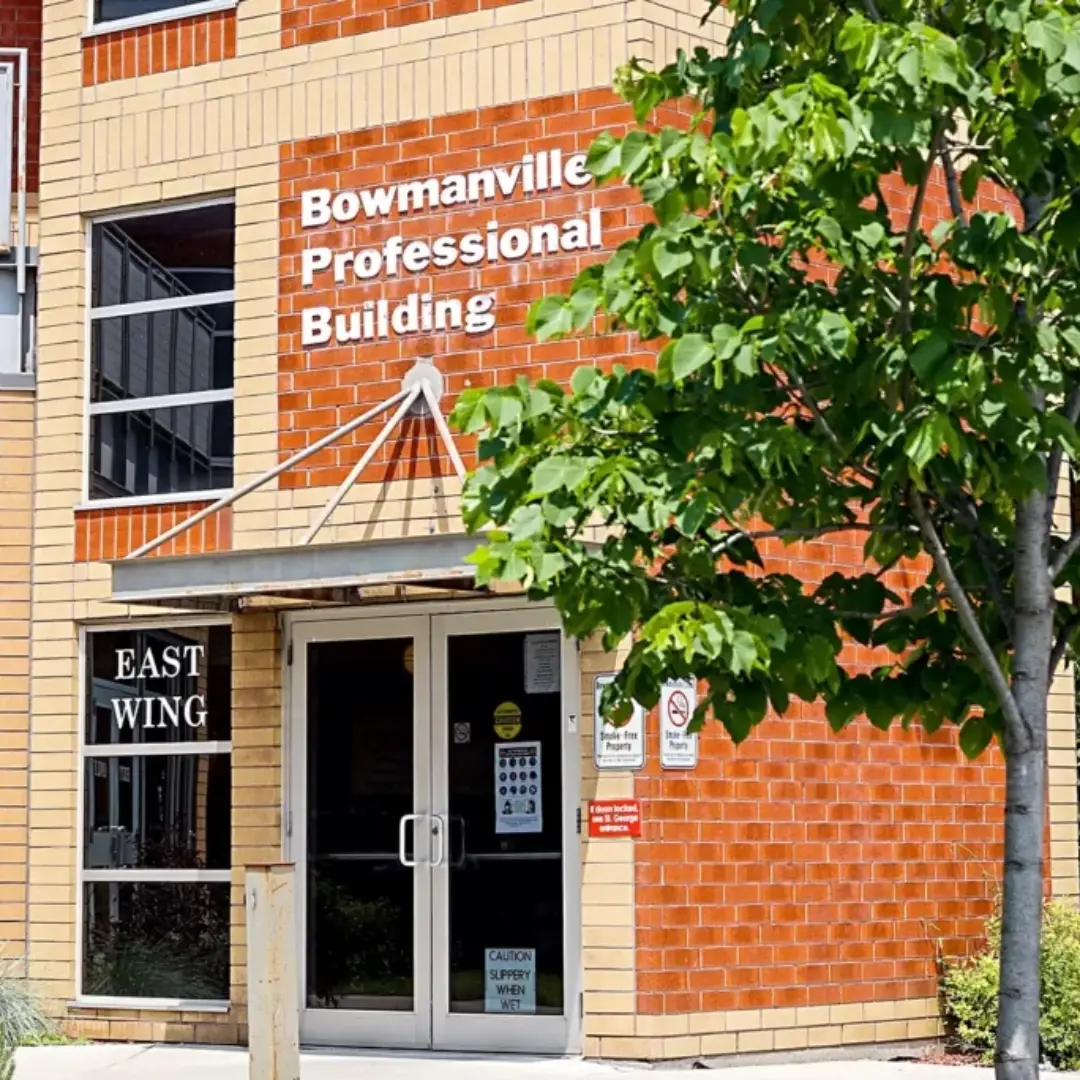Yes. In Ontario, you have two years to issue a claim from the date of the motor vehicle accident. There are, however, other notice and application deadlines for accident benefits that must be followed. If you have been involved in a motor vehicle accident, you should promptly seek legal advice to avoid missing any important deadlines.



